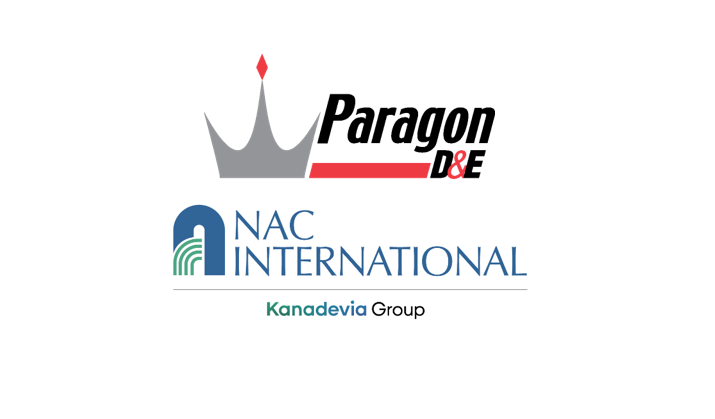U.S.-North Korea Agreed Framework Project
NAC International successfully completed a challenging, multi-agency nuclear materials packaging project in North Korea under the historic U.S.-North Korea Agreed Framework.
The project’s objective was to cooperate on a safe method of storing spent MAGNOX fuel without reprocessing – involving complex interactions between NAC and North Korean officials, the International Atomic Energy Agency, U.S. Department of Energy, U.S. Department of State, commercial contractors, U.S. national laboratories, and other entities.
NAC was contracted to design, fabricate and deliver specialized packaging containers and equipment to clean, canisterize and stabilize – by vacuum drying and thermal conditioning – 8,000 used fuel rods from the research reactor at Nyongbyon, North Korea.
NAC site engineers sealed the fuel in 400 stainless steel canisters and secured them in newly-built stainless steel pool racks using a system approved by the IAEA for long-term monitoring.
The project’s objective was to cooperate on a safe method of storing spent MAGNOX fuel without reprocessing – involving complex interactions between NAC and North Korean officials, the International Atomic Energy Agency, U.S. Department of Energy, U.S. Department of State, commercial contractors, U.S. national laboratories, and other entities.
NAC was contracted to design, fabricate and deliver specialized packaging containers and equipment to clean, canisterize and stabilize – by vacuum drying and thermal conditioning – 8,000 used fuel rods from the research reactor at Nyongbyon, North Korea.
NAC site engineers sealed the fuel in 400 stainless steel canisters and secured them in newly-built stainless steel pool racks using a system approved by the IAEA for long-term monitoring.
The project took place under international scrutiny, complicating safety and radiological environments, as well as under extreme physical conditions – temperatures dipped as low as -30°C.Because of both safety limitations and non-proliferation concerns, NAC worked under an accelerated timetable. The radiological conditions at Nyongbyon created difficulty because the extended fuel storage had caused cladding degradation.



